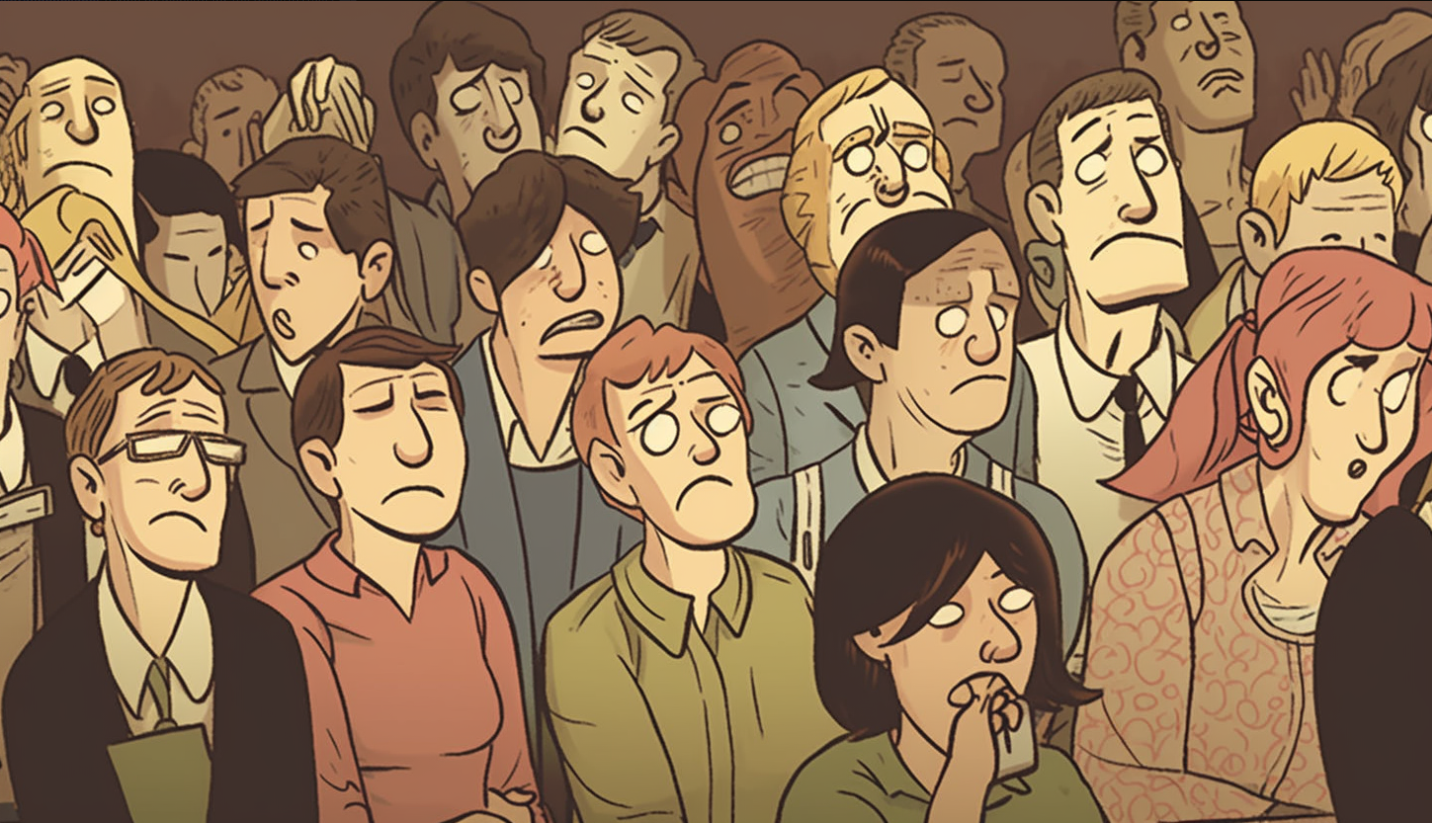Tamatoa is a character from the Disney movie Moana. He is better known as the giant crab who lives in Lalotai, the realm of monsters. Tamatoa is known for his love of treasure and his massive collection of shiny objects. He sings a song called “Shiny” in which he boasts about his love for all things glittery and flashy.
Tamatoa’s love of shiny things can be seen as a metaphor for the human tendency to be attracted to external appearances and superficial qualities, rather than focusing on the more important aspects of life. Just as Tamatoa is obsessed with collecting shiny objects, many people become obsessed with accumulating material possessions, wealth, or social status, often at the expense of neglecting their relationships, personal growth, and inner fulfillment.
This emphasis on superficiality and external validation can lead to a sense of emptiness and dissatisfaction, as people realize that the things they thought would bring them happiness and fulfillment do not actually fulfill them. I myself am guilty of this phenomenon (damn you Amazon and Facebook for making it so easy!). Keeping up with the Jones’ is a very real problem that if left unchecked can really cause emotional and financial harm. In contrast, focusing on the more important aspects of life such as personal growth, relationships, and inner fulfillment can bring a deeper sense of satisfaction and contentment. And as a bonus, these things are often much cheaper financially and pay much larger dividends over the long term.
Furthermore, Tamatoa’s love of shiny objects can also be seen as a warning against becoming too attached to material possessions. Just as Tamatoa becomes so focused on his collection of shiny objects that he loses sight of everything else, people can become so attached to their possessions that they forget about the more important things in life. In fact, it is this attachment to shiny things that allow Moana and Maui to escape his grip
In summary, Tamatoa’s love of shiny things can remind us to focus on the more important aspects of life, such as personal growth, relationships, and inner fulfillment, and to avoid becoming too attached to material possessions.
Other Rockin’ Articles




